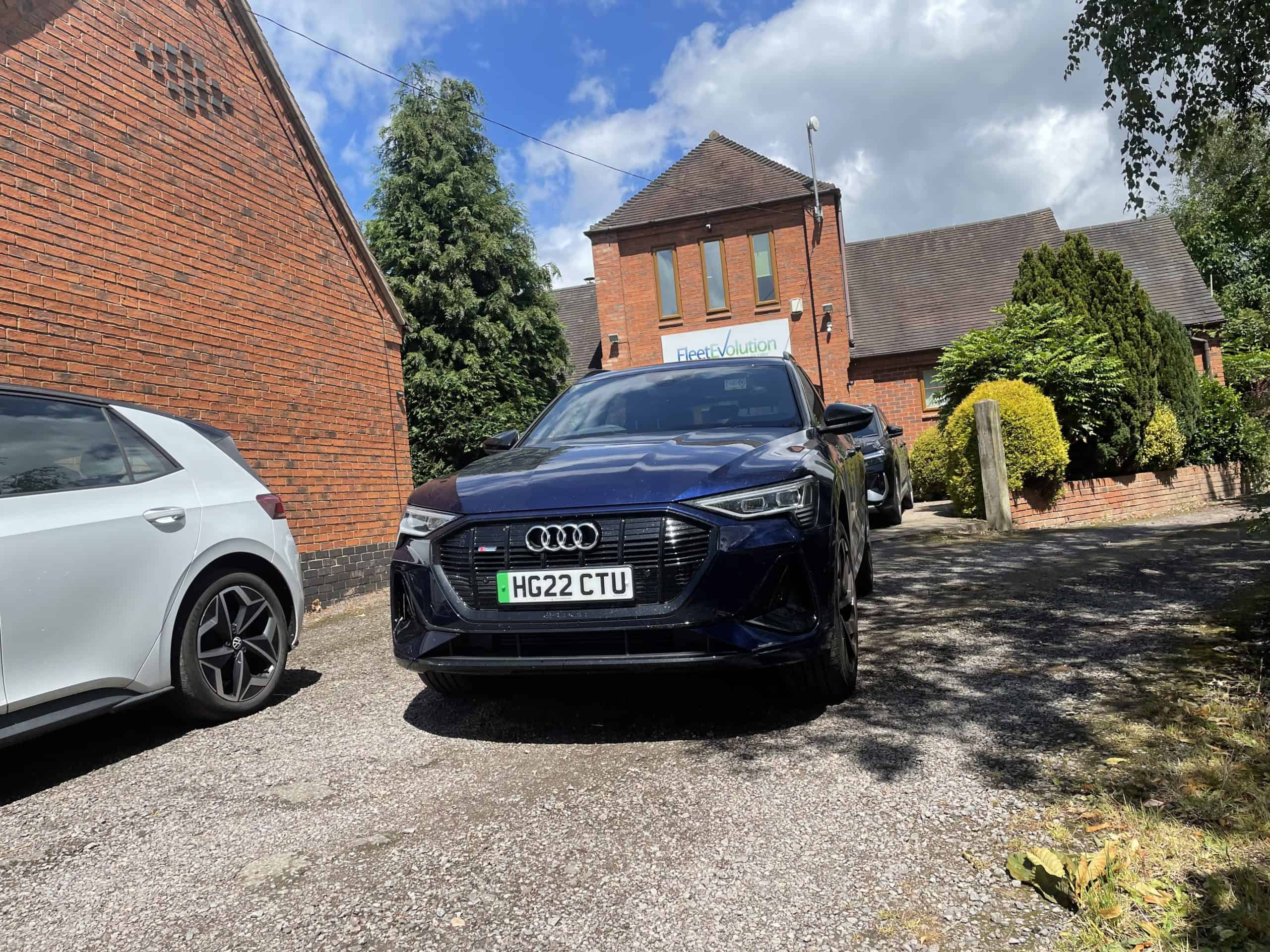OPEC Oil Cut Increases Focus on Going Electric, says Fleet Evolution
The threat of a return to the £2 per litre mark for petrol and diesel following cuts in oil production by OPEC have sharpened the focus on going electric, despite the rises in electricity prices from this month.
That’s the view of Andrew Leech, MD and founder EV salary sacrifice and fleet management specialist, Fleet Evolution. Andrew argues that an electric vehicle provided under a salary sacrifice car scheme remains far more cost and tax efficient than an equivalent ICE model.
Tell Me More
OPEC is the Organisation of the Petroleum Exporting Countries including countries such as Russia and Saudi Arabia. Recently, OPEC has cut oil production by up to 2m barrels a day to the lowest levels since the pandemic; This was when demand was driven down by the impact of the coronavirus lockdown, so this is quite the feat.
OPEC said it wanted to stabilise prices, which have fallen in recent months as the world economy slows. However, the cuts in production are expected to lead to pump price rises across the board after the price of a barrel of Brent crude jumped almost 2% to more than $93 (£82) a barrel following the announcement.

What Does Andrew Think?
Andrew Leech said: “After several weeks of falls, this latest action looks highly likely to take us back into £2 per litre territory, which only serves to make ICE models more expensive to run and EVs more cost-efficient.
“Having looked at the figures at the rates expected, a Hyundai Kona diesel, which has a typical fuel consumption of 55mpg, will cost 20p per mile to run. The electric equivalent, which typically travels four miles per kilowatt hour, will cost less than 10p per mile to run – half as much.
“That’s after factoring in the real cost of electricity which is, even after the price cap announced by the Government, expected to reach 38p per kilowatt later this month, the highest we have yet seen.
“Government figures give an average UK electricity price per kwh of 18.9p for 2021 – so that projection is more than twice the previous rate. And the unit cost for electricity in the price cap that ended on 31 March was just 21p per kwh. So big rises are in the pipeline.
“However, despite these increases, the electric car is still more efficient in fuel consumption and cost terms than the ICE equivalent,” said Leech.
“As we have been able to demonstrate previously, when compared to the running costs of a conventional fossil-fuelled car, the savings from having an electric car under a salary sacrifice scheme can be in the region of £300-£400 a month.
“This represents a significant proportion of an employee’s monthly take-home salary at a time when living costs are coming under unprecedented pressure.”

Salary Sacrifice is More Cost Competitive
Leech said that an EV provided under a salary sacrifice scheme was more cost competitive because of the all-inclusive nature of the terms of the scheme which typically includes all SMR, tyres, windscreen, breakdown and recovery and insurance costs.
“The concierge service offered under salary sacrifice, and the fact that all the administration is handled by the supplier, continues to make a salary sacrifice car scheme extremely attractive for the employee,” he said.
“We are seeing record number of enquiries and orders at the moment as more businesses look to go down a more cost-effective route not just for themselves but for their employees who are currently in a cost of living spiral,” he added.

